Montessori Pedagogy:
Concentration skills
Learning, in Montessori, is not an adult-led process of transmitting knowledge, but rather a process whereby the child teaches himself. The educators act as a guide. The first skill a child needs to acquire is an ability to sustain attention, to concentrate. By offering activities which the child is naturally interested in, and which lend themselves to repetition, makes it an enjoyable process where the child learns to focus and appreciate the developing ability to solve problems independently.
Independence and self-esteem
Children will spend a lot of time with practical life exercises, which help develop the ability to take care of their own needs, care for the environment, to dress and undress, to have cooking experience, and to pour water. The materials are designed, and the educators trained, to help the child learn how to break down the required actions, to perform them step-by-step, and to do them repeatedly. For example, the dressing frames isolate the skill of buttoning with an attractive material, children enjoy buttoning and unbuttoning, over and over, until they master the skill.
Mature social skills
In a Montessori environment, children are taught to respect each other and to act with grace and courtesy, to walk around another child’s mat, to avoid interrupting when others are speaking, to say please and thank you. Like everything else in the learning environment, social interactions are voluntary, children choose whether to work alone or together, whether and when to share. Under the expert guidance of the educator the classroom becomes a civilised social environment where children appreciate each other.
Academic skills
Children learn handwriting and reading by a similar, carefully sequenced process. For instance, children use sandpaper letters and sound games to associate sounds with alphabetic symbols. They naturally develop a sense of quantity by encountering numbers everywhere in their environment, counting snack items, arranging rods by length and then exploring a wide range of math materials to further develop their skills.
PALS Social Skills program
The PALS Social Skills Program teaches children about greeting others, listening, sharing, taking turns, dealing with feelings of fear, sadness and anger, and solving problems. Learning social skills like these in early childhood is just as important as learning numeracy and literacy. The early childhood and early school years are when children start to make friends, learn to cooperate with others and begin to solve social problems. Like all skills, some children develop social skills more easily than others. Social skills are of the utmost importance for children's future development. The PALS Social Skills Program teaches children constructive ways to solve problems that arise in social situations. This is done through stories acted out by puppets, video scenarios, probe questions, role-play activities and songs. Teachers are provided with detailed information on how to implement the program and run the sessions and parent information sheets for each session will help to support the program at home.
Music and Movement Program
Music and musical activities support children's learning and development in early childhood. Music is a universal source of pleasure and triggers positive emotion, aids wellbeing and self-regulation for children and should be a core part of every high-quality early childhood program. Being involved in a musical program helps the body and the mind work together. Exposing children to music during early childhood development helps them learn the sounds and meanings of words. Dancing to music helps children build motor skills while allowing them to practice self-expression. The music sessions are practical and will involve the children in singing, dancing, playing musical instruments, and active listening to music.


























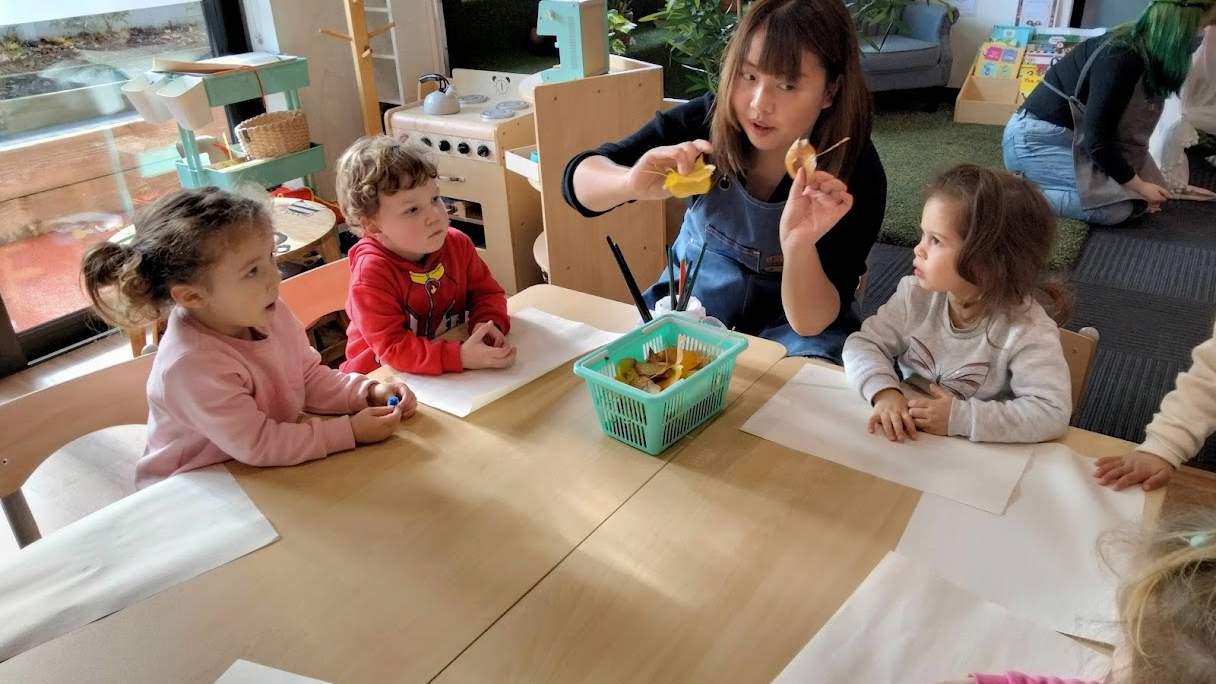
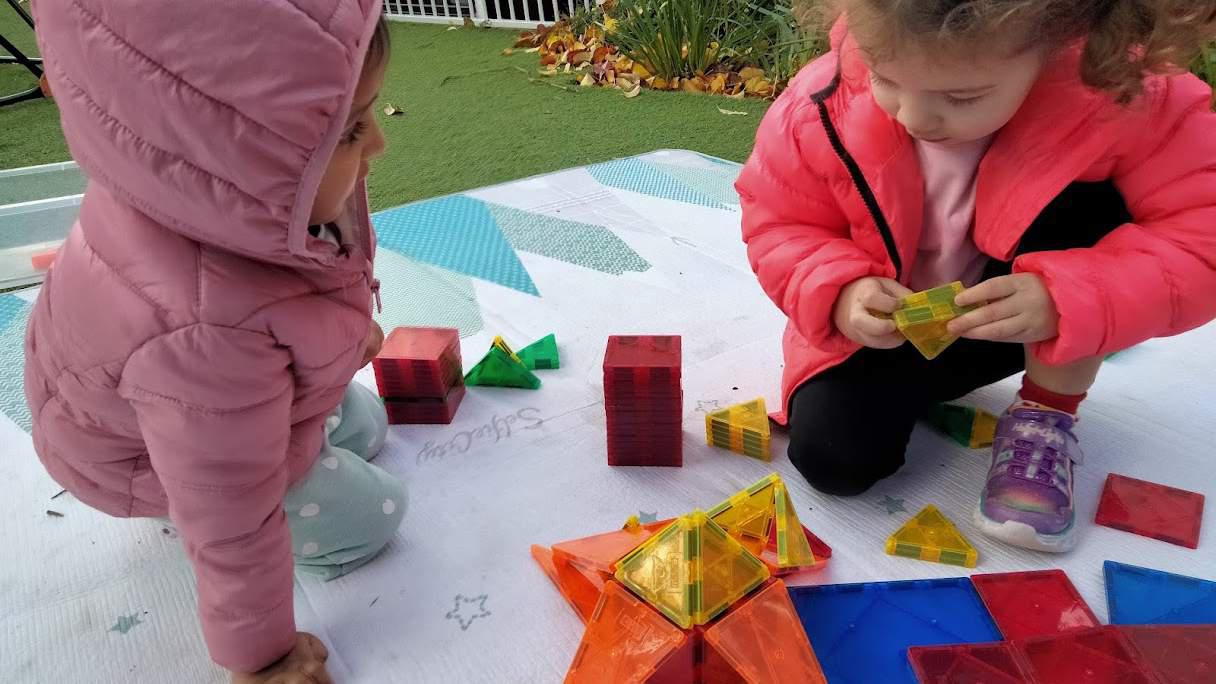
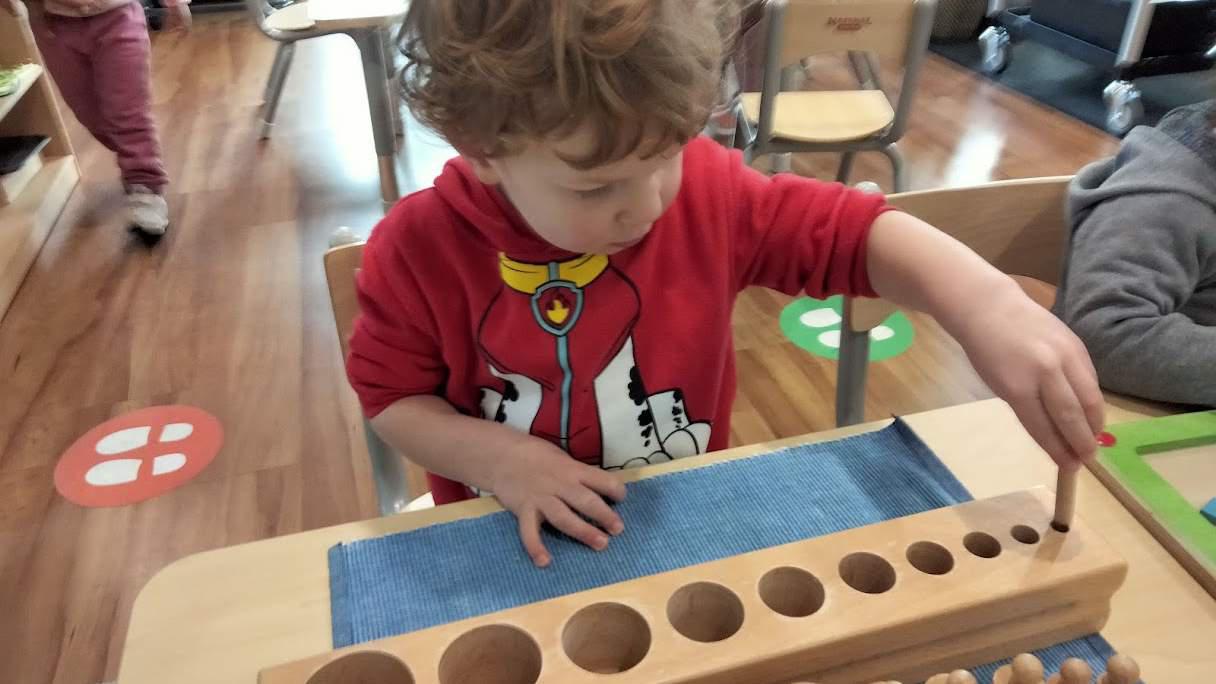
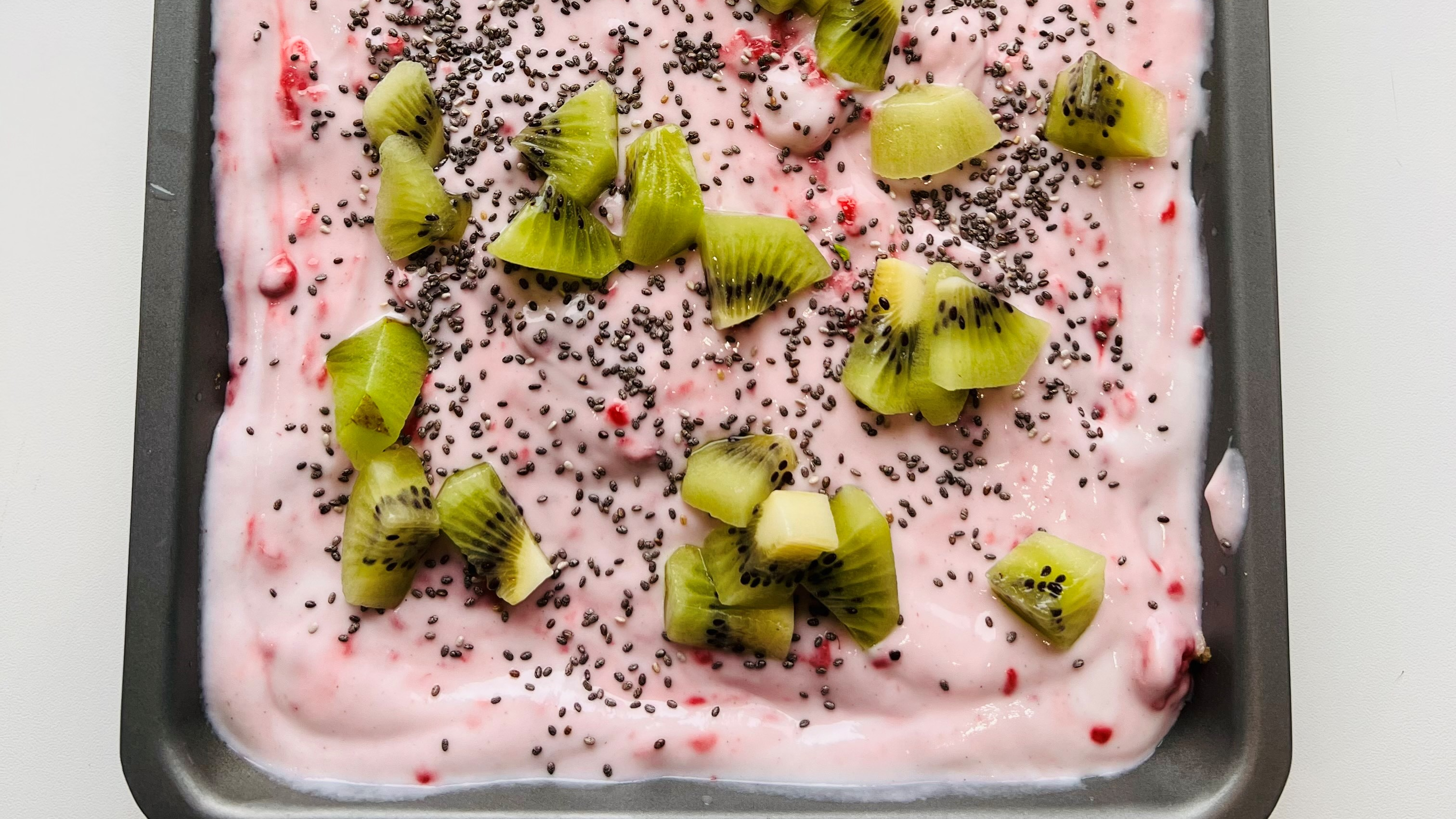


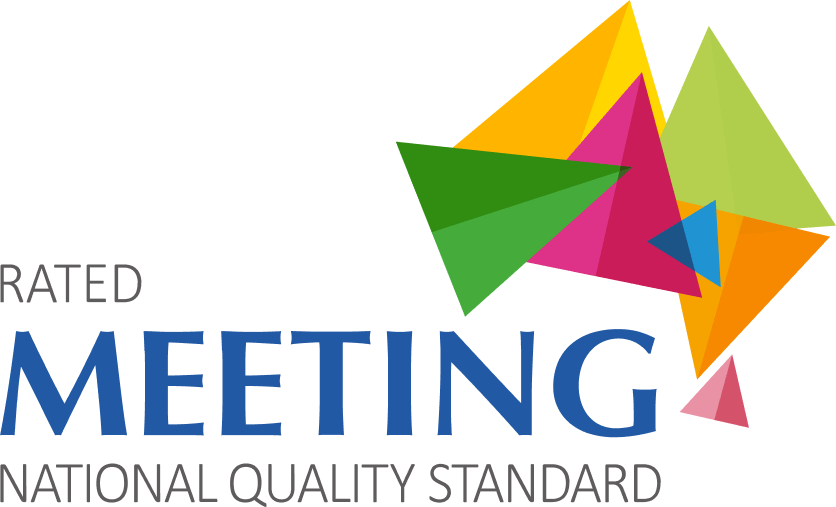
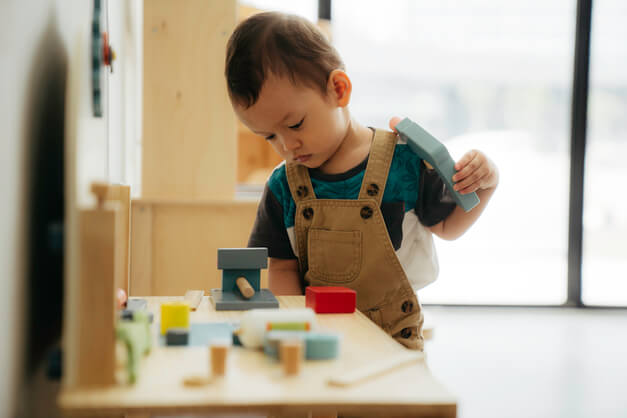
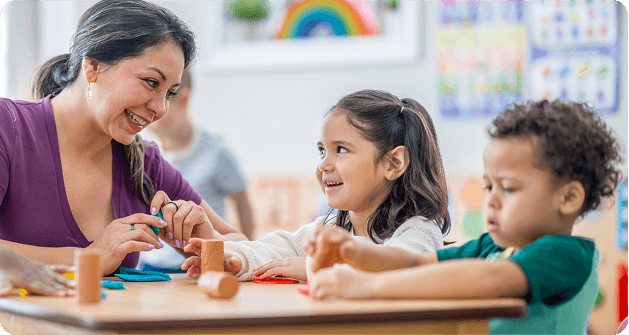

Social News Feed
Social posts for this centre will appear here once they're available.
Can not get post detail